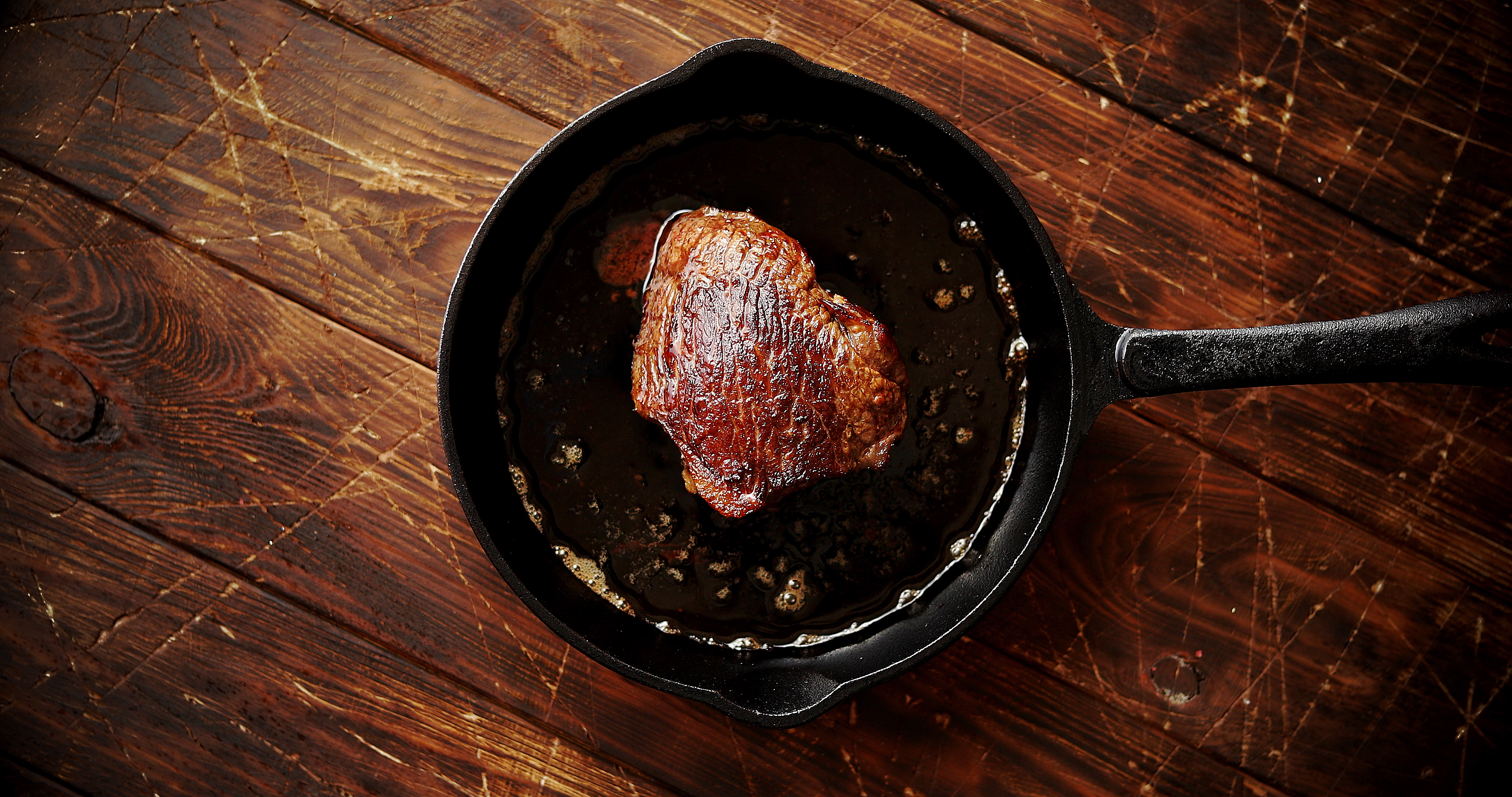How Do You Recycle Your Used Cooking Oils And Meat Fats?

Do you ever wonder what happens to all of the old cooking oil and fats that you dispose of in your kitchen? On a small scale, putting the fat into a sealed container, allowing it to cool and then throwing it in the general waste bin is fine... but not on a commercial level. The average restaurant goes through 150-250 pounds (Restaurant Technologies) of used cooking oil per week... and that's a whole lot of waste. So how do we recycle these used cooking oils and meat fats? The answer lies with companies who specialize in used cooking recycling...
Cooking Oils and Meat Fats Are Often Used More Than Once
Which is a sort of recycling within itself. In the restaurant business, the oil in a fryer will be used until it turns 'dirty'. This means that anything placed in the oil will come out covered in black pieces of old fried foods. A good restaurant will change this oil on a frequent basis, averaging somewhere around once a week. A bad restaurant will change it far less than that. Why? Oil isn't an end product. Many restaurateurs see it as a non-profitable purchase and forget to factor in the cost of the oil to every portion of fries they sell. This can lead to bad practice which can ultimately lead to customer complaints and a loss of business...
Used Cooking Oil Recycling Keeps Grease From Reaching The Water System
Why is this important? This article, from Greener Ideal, perfectly sums up the environmental impact of grease in the waterways... but for restaurateurs who need financial incentive the cost of replacing burst, clogged or damaged draining systems within your building should be weighed against the cost of proper used cooking recycling systems. Establishing a routine where your used cooking recycling is part of every day life will also save you from the pain of being closed down and fined for breaching health and safety regulations.
When you think about it in terms of cost; some recycling companies will even pay you to take away your used oil. This allows them to convert your used cooking waste into things like bio fuel, soap and other useful products... without a single drop of it ending up in our oceans!
5 Ways To Be Better At Used Cooking Oil Recycling:
1.Try to use less oil – not dirty oil. Fryers have both a maximum and a minimum fill point, opt for the minimum and lessen your waste (Delishably).
2.Specific recycling companies will collect your oil and turn it into other materials. Find your local oil recycling center and drop it off.
3.Oil and cooking fat recycling companies can be hired to collect your waste, right from your door. All you need to do is get in touch!
4.Reuse your oil – don't use single use frying oils, stick to a low calorie oil spray instead or reuse the oil you fried in until it turns cloudy.
5.Donate your used cooking oil. According to Grease-Cycle, some cities collect the oil to make biodeisel which runs their fleet.
Of course; hiring a company to come to your place of business or residence and take the oil away for you is by far the best option for those dealing with large quantities of oil on a regular basis. If your oil is for home use, best to drop it into your local recycling plant yourself! Next time someone asks you how you dispose of your used cooking oils and meat fats you can tell them you do it responsibly, with minimal environmental impact. You never know... it could even turn into your businesses USP.
categories
Recent Posts
Waste Cooking Oil Recycling Uses & Ideas
2022-04-18 07:00:00
Benefits of Purifying Used Cooking Oil
2022-04-13 07:00:00
5 benefits of recycling used cooking oil
2021-07-30 07:00:00
Things You Need to Know About Used Cooking Oil Collection
2021-07-30 07:00:00
Getting Set Up is Easy.Call UsSign Up NowORCall Us Today. (855) 519-5550



